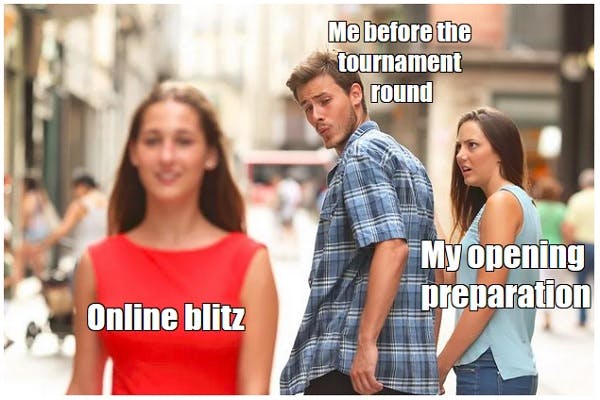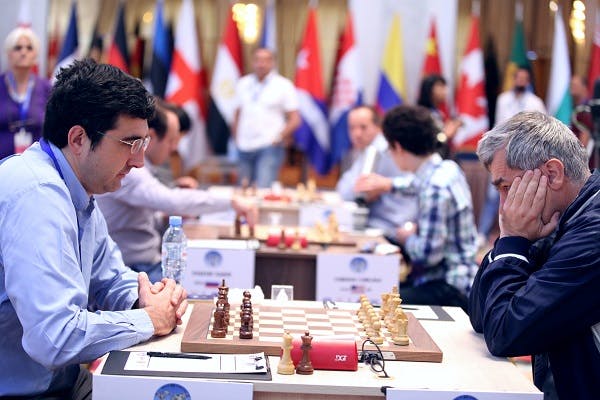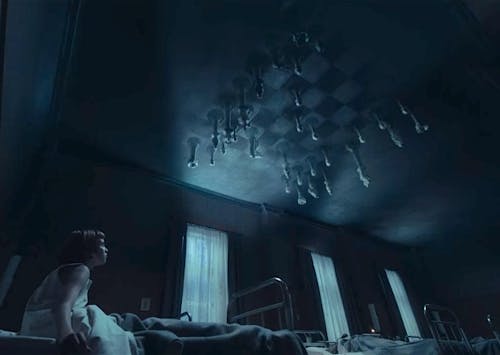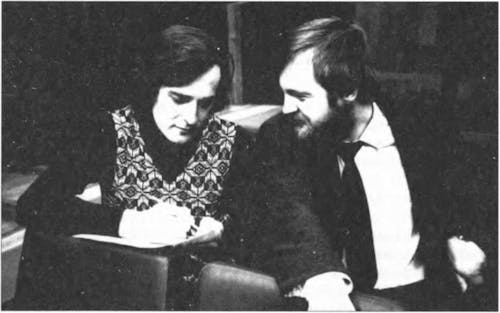Are you sure you want to delete your account?
(This will permanently delete all of your data - purchases, game scores, ratings, etc)
Change your username
Your current username is: guest
Change your account email address
Your current account email is:
Redeem your Fampay code here!
Use your Fampay code to get access to the Play Magnus Plus Membership!

Preparing for a Chess Game: A Fresh Head vs. Studying
When preparing for a game, we can choose between paying much attention to opening preparation and analyzing/memorizing variations or opting for the “fresh head” strategy.
Many Soviet chess experts blamed Boris Spassky’s loss to Bobby Fischer in 1972 on Boris falling for the “fresh head” approach, playing tennis or blitz instead of chess studies. However, it is more probable that Fischer, a hardcore chess fanatic, was simply a better player at that time. After all, he had a surreal rating of 2785, while Spassky was rated “only” 2660.
In the World Chess Championship match in 2000 between Garry Kasparov and Vladimir Kramnik, Garry failed to win a single game. Kramnik recalled that game after game, his opponent was looking more tired, and dark circles under his eyes kept becoming increasingly visible. It was clear that Garry and his team have spent an enormous amount of time on opening preparation, but they failed in destroying the Berlin wall.
So, which approach is better? There is no definite answer. However, there are a few tips worth mentioning. I hope they will make it easier for you to decide which strategy to adopt depending on the circumstances.
Chess rating
The higher the rating of the player, the more theory is typically required to memorize. If we go into extremes, novice players usually don’t prepare at all, while top Grandmasters can spend up to a few hours before the game.
Alexander Grischuk once wittily replied, “My whole life!” to the question about how long he had been preparing for the game against Shakhriyar Mamedyarov.
Club players often make the mistake of trying to imitate the actions of top Grandmasters, even though at their level, games are more likely to be decided by tactical errors than by getting a slightly better position in the opening. Or, a polar case, some of them neglect preparation and play something random after rushing to the tournament from work. A golden middle is called for.
Chess memory
There is no need to feed yourself page after page of chess analysis if you can’t remember it all that well. You probably saw Magnus Carlsen, Vladimir Kramnik, Vasyl Ivanchuk, and other chess titans recall games of other players that took place decades ago. They even remember the player names, tournaments, years, and what happened next! However, there are also top GMs whose memories are less exceptional. And as you go down the rankings, you are starting to see people who can’t remember what they played yesterday!
Suppose you keep noting during the games that you can’t recall the analysis that you have been rehearsing before the game. In that case, it makes sense not only to work on improving your chess memory (this is a serious topic of its own!) but also to reduce the load of theory for now.
Vladimir Kramnik’s opening files are particularly notorious. From what I have heard, if you open a file for a specific variation and start pressing “Page down” in ChessBase, the scroller barely moves at all!
Psychological state
There are some exceptions to this rule, but cramming up theory before the game is not a particularly exciting process for most people. Some pros are getting so fed up that they start promoting Fischer Random, chess without castling (hello, Vladimir Kramnik!), and other variants of the game that cut down on the amount of preparation and memorization.
Therefore, if you are already feeling low for some reason, it is probably not a good idea to become even more depressed by going over theory hour after hour. It may be better to take a walk or relax in some other way that you enjoy.
Also, if you are burnt out and not hungry for chess anymore, you should probably avoid overloading yourself even further with chess theory.
Physical shape
This is very similar to the psychological state. Memorizing variations is tough work. If you are ill or tired, it often makes sense to preserve energy for the grueling game itself instead of extending your workday for another few hours.
Tournaments, where you have to play two or more games per day, are more exhausting than traditional ones, so for these events it also makes sense to cut down on the preparation.
Your opponent’s opening repertoire
If your opponent’s repertoire is very narrow, i.e., he keeps playing the same lines over and over again, then it makes a lot of sense to dedicate some time to preparation, allowing you to come up with an exciting novelty and to surprise your opponent.
However, if your opponent plays a huge number of different systems and seems to pick them at random, it is probably not a good idea to cram up all of them. This is just too much work, and you will still probably forget most of what you have learned (“chess memory” strikes again!). Still, experienced players trust their gut feelings. Sometimes there is no logic to this, but you somehow KNOW that the opponent will play exactly that. In such cases, you might as well grant the line some attention before the game.
When Vasyl Ivanchuk was in his prime, other players used to joke when discovering that they were paired against Chucky that they got “a free evening” – back in the day, it was close to impossible to predict what Ivanchuk may be interested in playing. Thanks to his phenomenal chess memory and passion for the game, he could choose pretty much any popular opening.

Vasyl Ivanchuk vs. Vladimir Kramnik in 2017. Two chess legends with exceptionally sharp chess memories. Image by Anastasia Karlovich.
Conclusion
As you can see, it is hard to give concrete recommendations. There are many factors involved. However, for a typical club player, rehearsing lines before the game should probably take between 15 to 60 minutes. If you never prepare at all, this probably means that you don’t work on openings seriously enough. If you imitate the top GMs and spend a few hours before the game to digest chess analysis, you are probably shooting yourself in the foot by spending precious energy that you could use during the actual chess duel.
To have something to rehearse, you should start by creating your openings files. How do you build an efficient opening repertoire based on your specific needs and abilities? What opening tiers are there, and how do you tell a sound opening from an unsound one? How do you study openings step by step? Magnus Trainer will help you navigate all these important topics and many more under the guidance of Magnus Carlsen. You will also get to master the openings of your choice, focusing on the plans and typical ideas for both sides, reviewing model games, solving instructive exercises, and familiarizing yourself with cutting-edge move orders.

